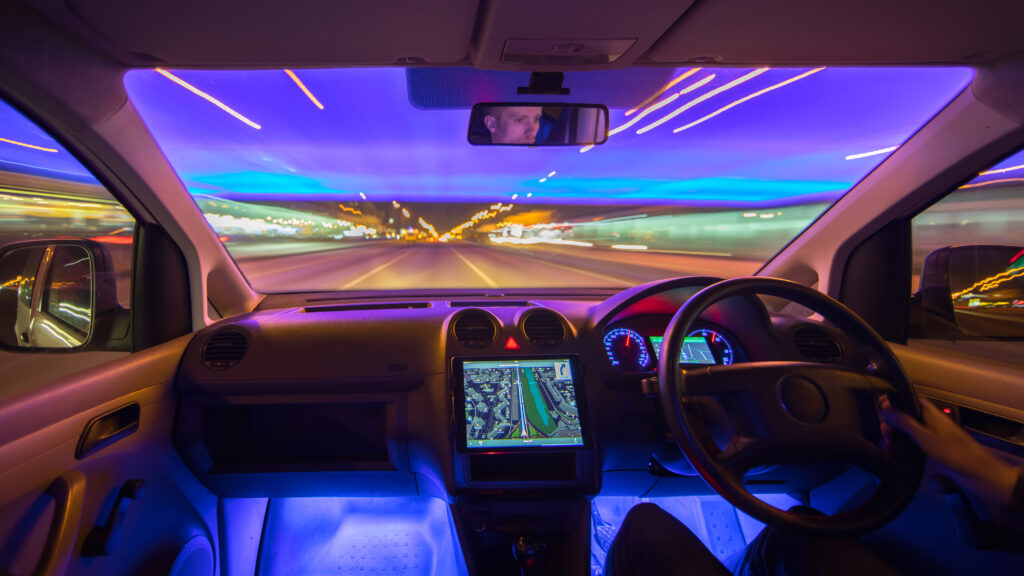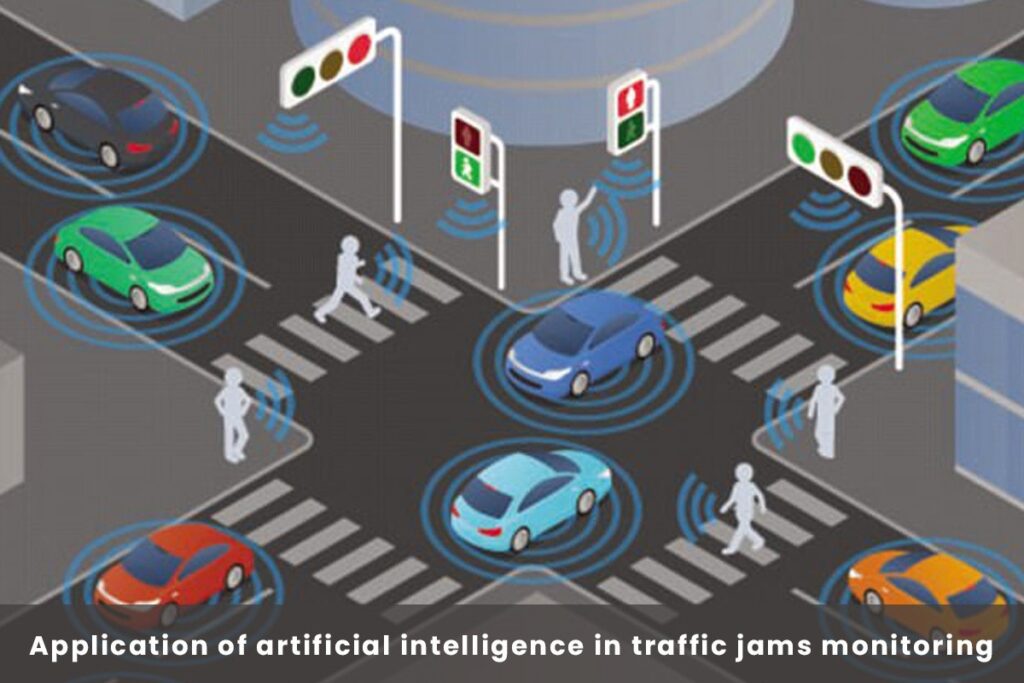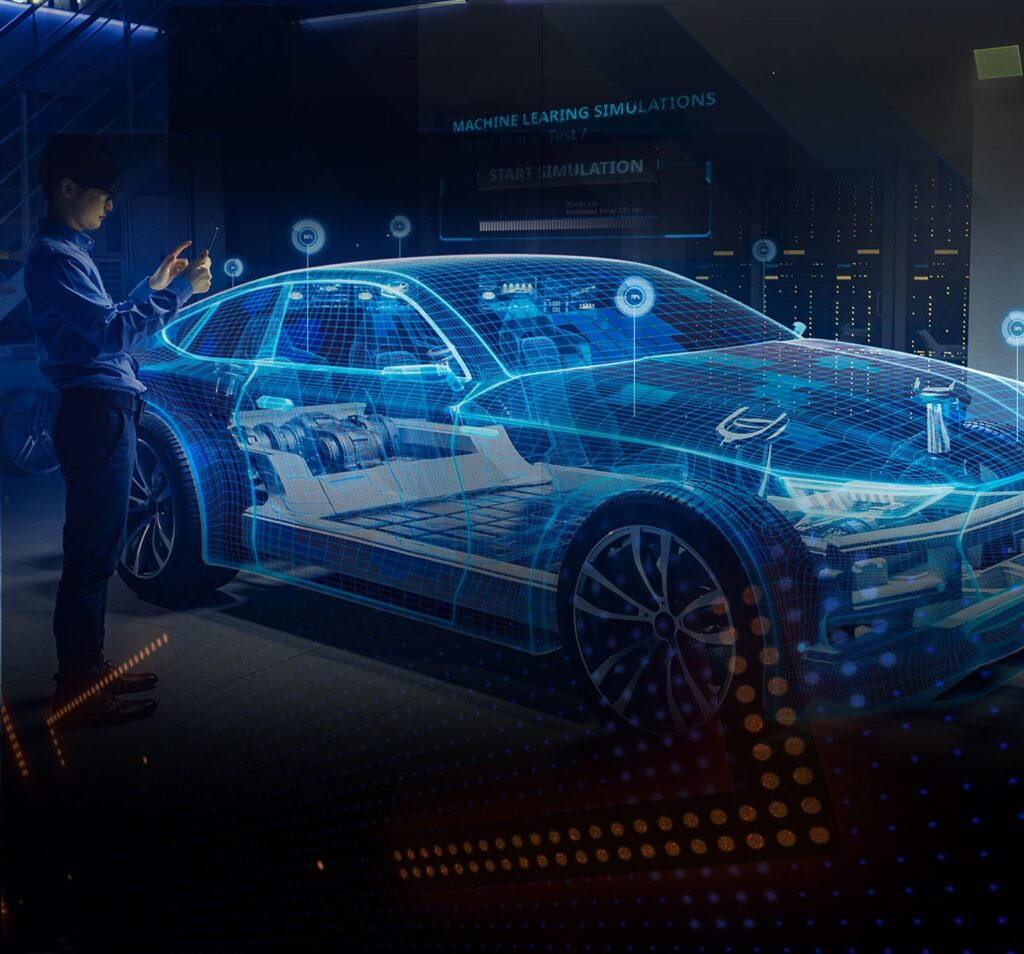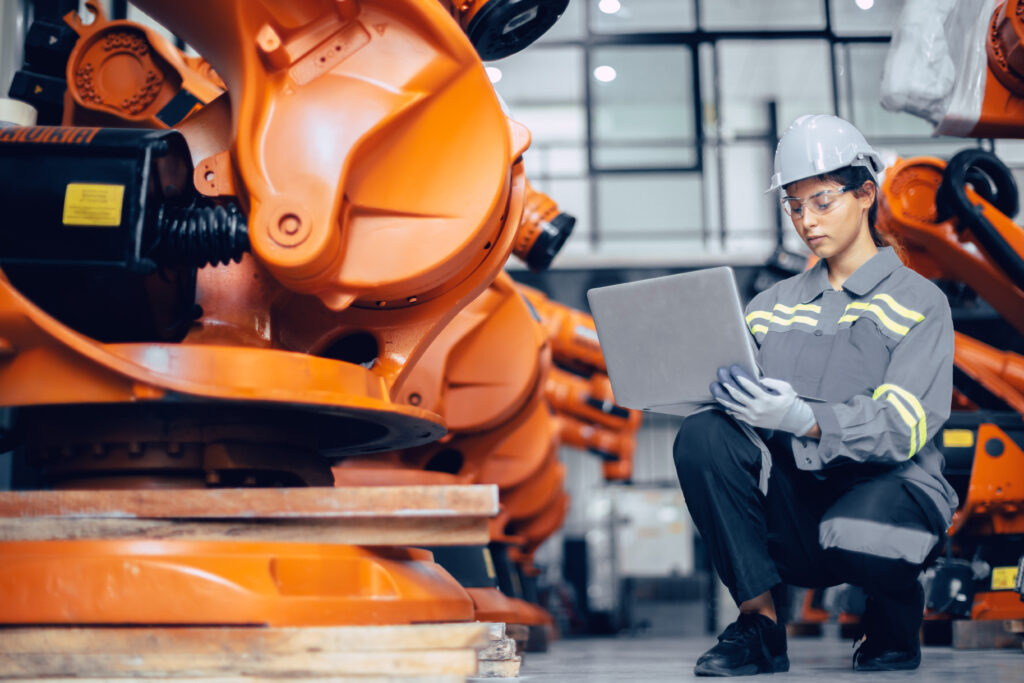The Artificial Intelligence that Rely on 5 Industries ?
Short Introduction
Artificial Intelligence (AI) is revolutionizing modern industries by automating processes, improving efficiency, and driving innovation. This article delves into the profound impact of AI across five key sectors, highlighting its transformative potential and applications.
Definition of AI
Additionally, AI refers to the simulation of human intelligence processes by machines. This includes learning, reasoning, and self-correction. Moreover, it encompasses various technologies like machine learning, natural language processing, and robotics. This enables systems to perform tasks that traditionally require human intelligence.
Importance of AI in Various Industries
AI has become integral to diverse sectors, driving advancements in healthcare, finance, manufacturing, retail, and transportation. Its ability to analyze vast datasets, identify patterns, and make data-driven decisions is reshaping operations and unlocking new opportunities for growth and innovation.
Table of Contents
Artificial Intelligence in Healthcare
AI is revolutionizing healthcare delivery, offering solutions to complex challenges and enhancing patient care.
AI in Diagnostics
Additionally, AI-powered diagnostic tools can analyze medical images, detect abnormalities, and assist clinicians in accurate diagnosis. By expediting the diagnostic process and improving accuracy, AI technologies enable timely interventions and better patient outcomes.
AI in Treatment
Additionally, in treatment, AI algorithms help personalize therapies, predict treatment responses, and optimize medication regimens. By leveraging patient data and clinical insights, AI supports evidence-based decision-making, leading to more effective treatments and improved patient care.
AI in Healthcare Management
Additionally, AI streamlines administrative tasks, automates patient scheduling, and enhances operational efficiency in healthcare facilities. By optimizing resource allocation and workflow management, AI enables healthcare providers to deliver high-quality care while reducing costs and administrative burdens.
Artificial Intelligence in Finance
In the finance sector, AI-driven technologies are transforming operations, enhancing security, and improving customer experiences.
AI in Fraud Detection
Additionally, AI algorithms analyze transactional data to detect suspicious patterns and anomalies indicative of fraudulent activities. By continuously monitoring financial transactions in real-time, AI helps financial institutions prevent fraud and safeguard customer assets.
AI in Trading
Additionally, AI-powered trading algorithms leverage predictive analytics to forecast market trends, identify profitable opportunities, and execute trades with precision. Furthermore, by analyzing market data and identifying patterns, AI enhances trading strategies and improves investment outcomes for traders and investors.
AI in Customer Service
Additionally, AI-driven chatbots and virtual assistants provide personalized customer support, answer inquiries, and resolve issues in real-time. By automating routine tasks and handling routine inquiries, AI enhances customer service efficiency and satisfaction, thereby driving customer retention and loyalty.
Artificial Intelligence in Manufacturing
AI is revolutionizing manufacturing processes, optimizing production, and improving product quality.
AI in Automation
Additionally, AI-powered robotic systems automate repetitive tasks, streamline production workflows, and enhance operational efficiency in manufacturing plants. Through integrating AI technologies like computer vision and robotics, manufacturers can achieve higher levels of productivity and flexibility.
AI in Quality Control
AI in Predictive Maintenance
AI predictive maintenance models analyze equipment sensor data to predict potential failures and schedule maintenance proactively. By identifying maintenance needs in advance, AI helps prevent costly downtime, prolong equipment lifespan, and optimize maintenance schedules.
Artificial Intelligence in Retail
In the retail sector, AI-powered solutions are enhancing customer experiences, optimizing operations, and driving sales.
AI in Personalized Recommendations
AI in Inventory Management
Additionally, AI-powered inventory management systems optimize stock levels, predict demand, and prevent stockouts and overstock situations. By synchronizing inventory levels with demand patterns and sales forecasts, AI helps retailers minimize carrying costs and maximize inventory turnover.
AI in Customer Experience Enhancement
Additionally, AI-driven technologies like virtual mirrors and interactive displays enhance the in-store shopping experience, providing personalized assistance and recommendations to customers. In this way, by leveraging AI to create immersive and interactive shopping environments, retailers can drive foot traffic and increase sales.

AI in Transportation
In the transportation sector, AI technologies are revolutionizing mobility, improving safety, and enhancing operational efficiency.
AI in Autonomous Vehicles
AI enables autonomous vehicles to perceive their surroundings, navigate routes, and make real-time decisions to ensure safe and efficient transportation. By integrating sensors, cameras, and AI algorithms, autonomous vehicles promise to revolutionize urban mobility and reduce traffic congestion.
AI in Traffic Management
AI-powered traffic management systems analyze real-time traffic data, optimize signal timings, and alleviate congestion on road networks. By dynamically adjusting traffic flow and reducing travel times, AI enhances transportation efficiency and improves overall traffic management.
AI in Predictive
Maintenance for Vehicles
AI predictive maintenance models analyze vehicle sensor data to predict potential mechanical issues and schedule maintenance proactively. By detecting maintenance needs in advance, AI helps prevent breakdowns, reduce maintenance costs, and prolong vehicle lifespan.



Role of United Control Engineers India Pvt. Ltd
Additionally, United Control Engineers India Pvt Ltd (UCEIPL) plays a crucial role in advancing Artificial Intelligence (AI) by providing innovative solutions and expertise. Furthermore, with its expansion into key locations including Delhi, Delhi NCR, Noida, Greater Noida, Faridabad, and Ghaziabad, UCEIPL aims to bring cutting-edge AI technologies closer to businesses and organizations in these regions. Through tailored AI services and strategic partnerships, UCEIPL is committed to empowering local communities, driving economic growth, and facilitating technological innovation to meet the evolving needs of clients and industries.
Conclusion
Furthermore, Artificial Intelligence is reshaping the landscape of various industries, driving innovation, and transforming operations. From healthcare and finance to manufacturing, retail, and transportation, AI’s transformative potential is undeniable. Additionally, as we embrace AI technologies, we can expect continued advancements and new opportunities for growth and development across sectors.
In conclusion, the Artificial Intelligence that Relies on 5 Industries is a catalyst for innovation and transformation across sectors, offering unparalleled opportunities for growth and development. By harnessing the power of AI, industries can drive efficiency, improve outcomes, and unlock new possibilities for the future.






